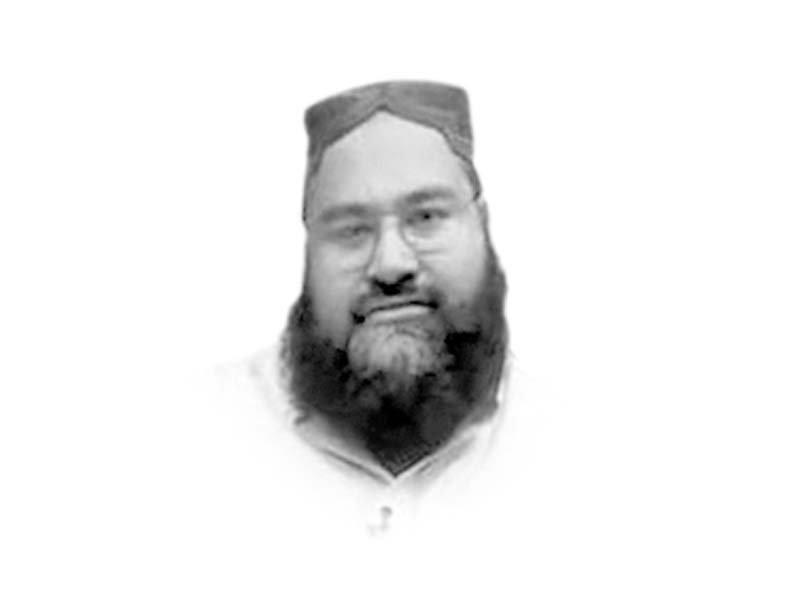
The path on which the Prime Minister of Pakistan, the Army chief and the DG ISI are taking the country, it seems that the real solution of the problem is not being sought. There should be no interference in Pakistan from any foreign country and Pakistan should not interfere in the affairs of any other country either.
Sectarian violence that began in 1980s has now reached its peak. On the one side, if the imambargas and mosques of a religious sect are being targeted in suicide blasts, then on the other side, leadership of other religious sects is being affected by targeted killings. Sacrilegious literature and fiery speeches are considered as the root cause of sectarian violence but in reality, this issue is not so simple.
The NAP seeks to ban the use of loud-speakers and sacrilegious literature, but it seems that those responsible for keeping a check on the sacrilegious content don’t have the knowledge to judge which content can be permitted and which should be banned. Similarly, on the issue of loudspeakers, following the consent of a few higher officials, cases are being filed under laws drafted in this regard and scores of people have been arrested for violation.
After December 16, the prime minister, the chief minister of Punjab, along with the interior minister, had assured that no one would be harmed illegally. But due to the biased attitude of a few, the process to keep a check on loudspeaker violation does not remain fair. The interior ministry constituted a committee, headed by the federal secretary for religious affairs, for reforms in seminaries. But it has yet to define which task will be fulfilled by this committee and how. Different seminary organisations are concerned by this state of affairs, especially those who are willing to amicably resolve issues with the government through talks; however, they are apprehensive of future course of action on the part of the government for seminaries.
Similarly, no initiative was taken in the post-2000 scenario in Pakistan that resulted in explicit ideological and intellectual changes in society. The committee, headed the federal secretary for religious affairs, has been given instructions in this regard; however, it has not yet taken any steps on this issue.
Seminaries are being identified as the root cause of terrorism, extremism and sectarian violence. Whenever reforms for seminaries have been discussed, owing to poor policies of the government, the process has been complicated by allegations against seminaries which delayed resolution of issues. Reforms in seminaries and upgrading the curriculum are very good subjects but whenever we ask what sort of change the government wants to bring, the reply has never been satisfactory. The reality is that the issue is not quite about changing the syllabus, but it is about bringing a change in the thinking and ideology of the nation. If the government, with the assistance of ulema and intellectuals, manages to change the syllabus but does not focus on changing the mindset what benefit will come from bringing about change? And if mental, intellectual and ideological changes are brought without changing internal and external policies and the causes which generate violence remain, how will the issue settle?
The prime minister and the army chief should remember that even though the December 16 massacre united the entire nation against sectarian violence, terrorism and extremism, the security measures that are being taken in its aftermath are dividing the nation. Action should be taken against the violation of government’s writ and on violation of the law. In this regard, no one should be given exemptions.
Published in The Express Tribune, February 25th, 2015.
Like Opinion & Editorial on Facebook, follow @ETOpEd on Twitter to receive all updates on all our daily pieces.

1725877703-0/Tribune-Pic-(5)1725877703-0-165x106.webp)










COMMENTS (3)
Comments are moderated and generally will be posted if they are on-topic and not abusive.
For more information, please see our Comments FAQ